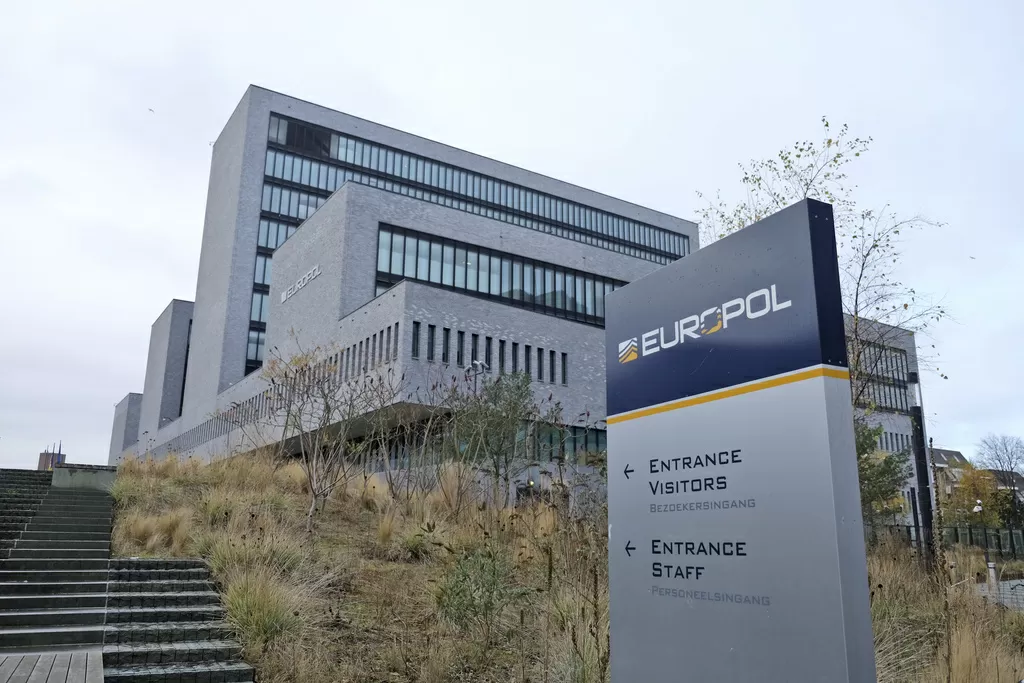Artificial intelligence (AI) has been a game changer in many industries, revolutionizing the way we live and work. However, with its rapid advancement, there has been a growing concern about its potential misuse and the threat it poses to our security. Recently, Europol’s Executive Director Catherine De Bolle warned that AI-driven attacks are becoming more precise and devastating, raising alarms about the need for increased vigilance and security measures.
In her statement, De Bolle highlighted the increasing sophistication of AI technology and its potential to be used by cybercriminals for malicious purposes. She emphasized that these attacks are becoming more targeted and precise, making them harder to detect and defend against. This is a cause for concern as it could lead to severe consequences for individuals, businesses, and even governments.
One of the main reasons for the rise in AI-driven attacks is the availability of large amounts of data. With the rise of the digital age, we have become more reliant on technology, resulting in a vast amount of personal and sensitive data being stored online. This data is a goldmine for cybercriminals, and with the help of AI, they can easily access and exploit it. AI algorithms can analyze this data and identify vulnerabilities, making it easier for hackers to launch targeted attacks.
Moreover, AI technology is constantly evolving, making it harder for traditional security measures to keep up. Cybercriminals can use AI to constantly adapt and modify their attacks, making them more effective and difficult to detect. This puts a strain on cybersecurity professionals, who are already struggling to keep up with the ever-changing threat landscape.
The use of AI in cyber attacks is not limited to just data breaches. It can also be used for social engineering attacks, where AI-powered bots can mimic human behavior and manipulate individuals into giving away sensitive information. This can have severe consequences, especially in the corporate world, where sensitive business information can be compromised.
In addition to these concerns, there is also the fear of AI being used in state-sponsored attacks. With the rise of geopolitical tensions, governments are increasingly investing in AI technology for military purposes. This could lead to the development of AI-powered weapons and cyber attacks, which could have catastrophic consequences.
To combat these threats, it is crucial for governments and organizations to invest in advanced cybersecurity measures. This includes the use of AI-powered security tools and systems that can detect and prevent attacks in real-time. These tools can analyze vast amounts of data and identify patterns and anomalies that could indicate a potential attack. They can also continuously learn and adapt to new threats, making them more effective in defending against AI-driven attacks.
Furthermore, there is a need for increased collaboration and information sharing between governments, organizations, and cybersecurity experts. This can help in staying ahead of cybercriminals and developing effective strategies to combat AI-driven attacks. Europol has been actively working towards this goal, collaborating with law enforcement agencies and private sector partners to tackle cybercrime.
It is also essential for individuals to be aware of the risks and take necessary precautions to protect themselves online. This includes regularly updating passwords, being cautious of suspicious emails and messages, and using security software on all devices.
In conclusion, the warning from Europol’s Executive Director Catherine De Bolle about the increasing threat of AI-driven attacks is a wake-up call for all of us. As AI technology continues to advance, so do the capabilities of cybercriminals. It is crucial for governments, organizations, and individuals to take proactive measures to stay ahead of these threats and ensure the safety and security of our digital world. With the right strategies and collaborations, we can harness the power of AI for good and protect ourselves from its potential misuse.



